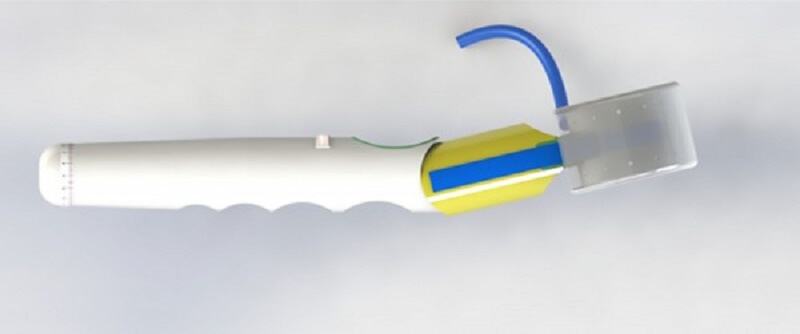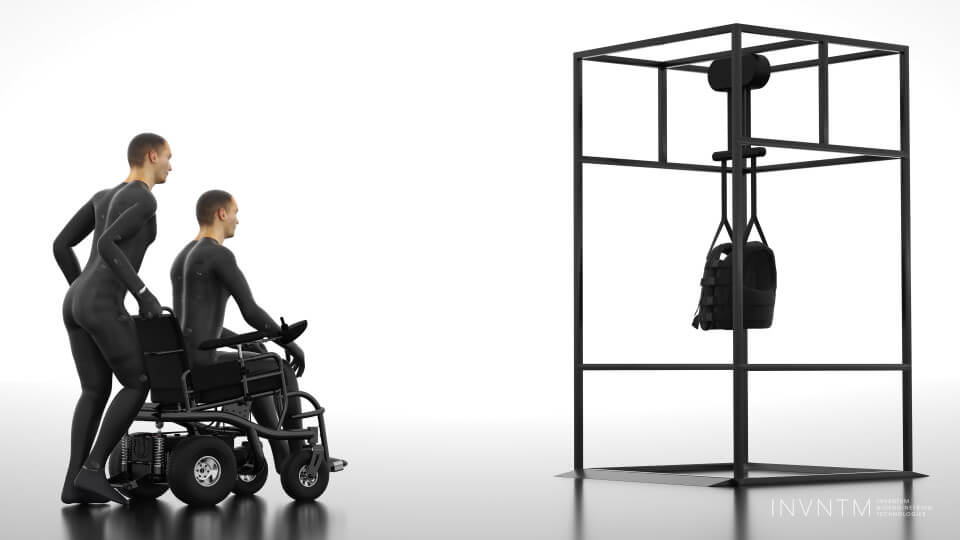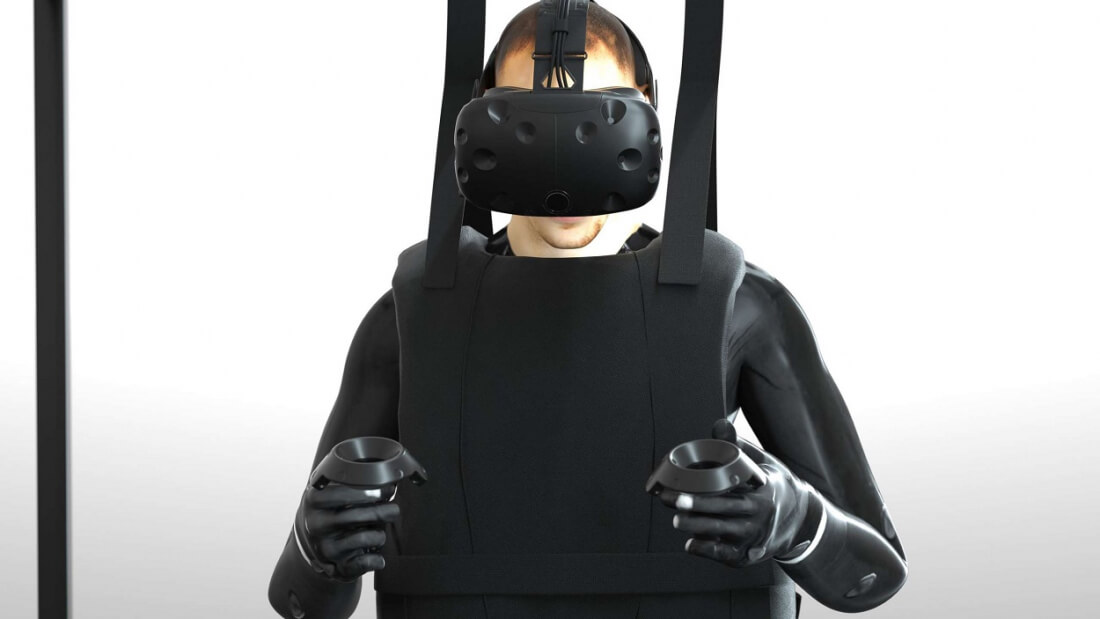You may have heard about the Italian Neurosurgeon, Sergio Canavero, who plans to carry out the world's first human head transplant next year. Having secured a volunteer for the operation, the professor has just unveiled a virtual reality system that will hopefully "prepare patients for life in a new body," an experience that could cause unexpected psychological reactions.
Professor Canavero is determined to perform the operation in 2017 on wheelchair user Valery Spiridonov, who runs an educational software company in Russia and suffers from the muscle-wasting Werdnig-Hoffman disease.
Assuming the complex transplant take place, Spiridonov will have his head nearly frozen - reaching around 12 to 15 degrees Celsius - to stop his cells from dying, making him temporarily brain dead. His brain will then be drained of blood and flushed, and tubes made of Silastic will be used to tie up the carotid and jugular veins. These will be loosened to allow circulation when the head is attached to the new body.
Surgeons will slice through the spinal cords of both Spiridonov and the brain-dead donor using a $200,000 custom-made diamond nanoblade that can control cuts to a micrometer. After this part of the operation, the transplant must be completed within an hour, at which point the blood from his new body will theoretically raise Spiridonov's head back to normal temperatures.

To prepare Spiridonov for the procedure, US company Inventum Bioengineering Technologies has created a new VR system that will help acclimatize him to the sensation of having a different body and being able to walk. Precise details of the VR experience are unclear, but we do know that Spiridonov will require months of sessions before the operation takes place.
"We are combining the latest advancements in virtual reality to develop the world's first protocol for preparing the patient for bodily freedom after the transplantation procedure," said Inventum CEO Alexander Pavlovcik.

Canavero claims to have performed the head transplant on both a monkey and a dog, and successfully reconnected the severed spinal cords of mice. One of the many people taking part in the operation will be Ren Xiaoping, a controversial surgeon from the Harbin Medical University in China who has conducted 1000 head transplant operation on mice.
Many within the scientific community have expressed concerns over the procedure. Not only do they believe the chance of success to be extremely slim, but there are fears that Spiridonov could suffer a level of insanity never before experienced in human history.
"I would not wish this on anyone," said Hunt Batjer, president of the American Association for Neurological Surgeons. "I would not allow anyone to do it to me as there are a lot of things worse than death."
Canavero is still looking for a location to perform next year's procedure, though it seems the UK and China are favorites. We'll have to wait and see if it works, and whether the virtual reality experience helps Spiridonov cope with the effects.
